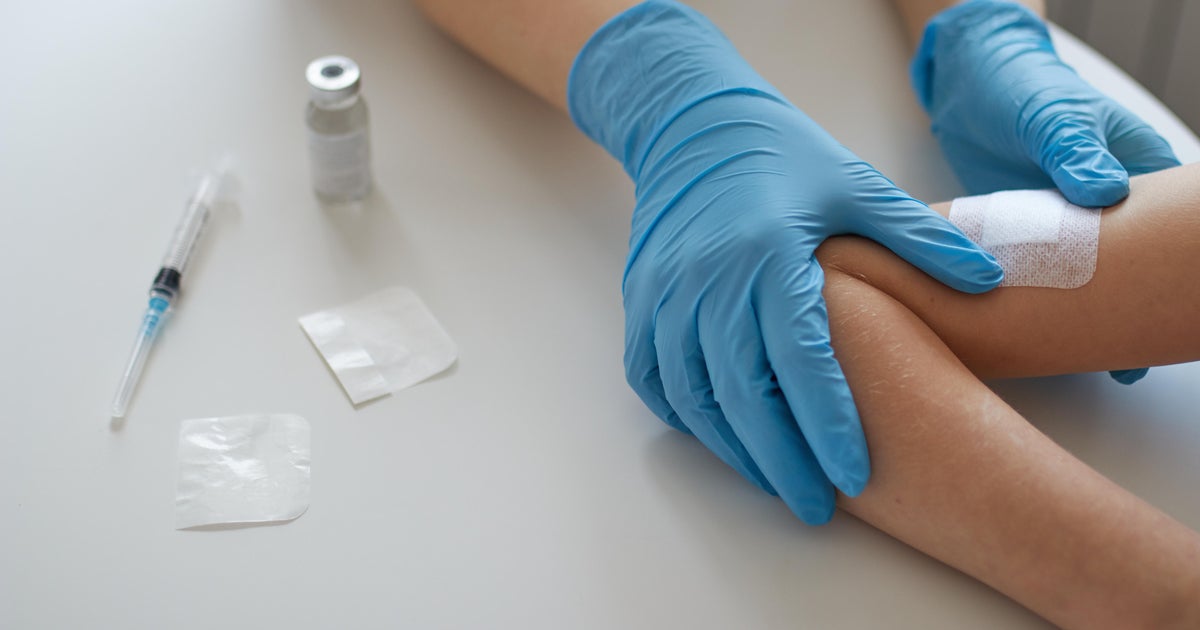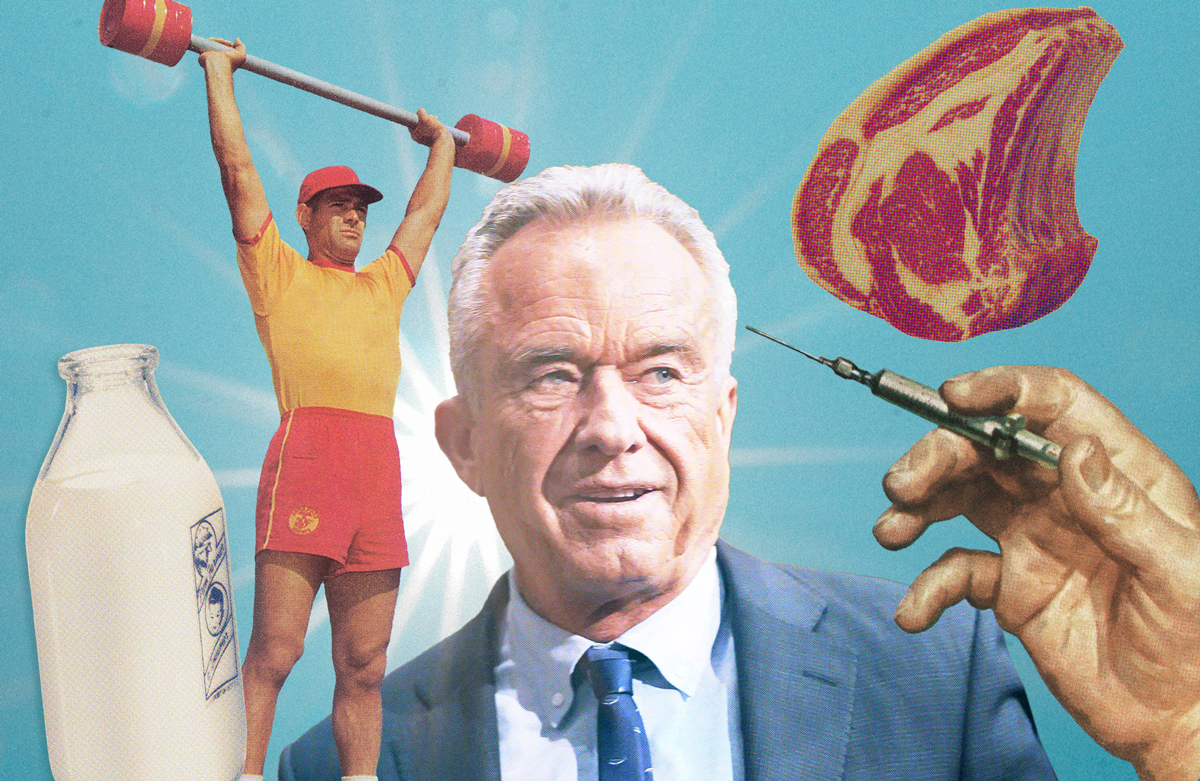CDC Director Dr. Rochelle Walensky explains move to recommend boosters for front-line workers
Washington — Dr. Rochelle Walensky, director of the Centers for Disease Control and Prevention (CDC), explained Sunday her decision to overrule the recommendation of the agency's outside advisory board and endorse COVID-19 booster shots for front-line workers who are at high-risk for occupational exposure to the virus.
In an interview with "Face the Nation," Walensky said there was a "scientific close call" over whether those who are high-risk of contracting COVID-19 on the job should be eligible for a third dose of the vaccine from Pfizer and BioNTech.
"Because of that close call and because of all the evidence we reviewed both of the FDA and at the CDC, I felt it was appropriate for those people to also be eligible for boosters," Walensky said. "So, who are those people? Those are people who live and work in high-risk settings, that includes people in homeless shelters, people in group homes, people in prisons, but also importantly are people who work with vulnerable communities. So, our health care workers, our teachers, our grocery workers, our public transportation employees."
Walensky said the recommendations for boosters apply to people who spend much of their day alongside segments of the population who might be unvaccinated, such as teachers in the classroom with children under the age of 12, who are not yet eligible for COVID-19 shots.
"Our recommendation is for these limited people in the population, over 65, high-risk workers, high-risk community occupations, as well as high-risk by comorbidities," she said.
Two federal health agencies, the Food and Drug Administration (FDA) and CDC, weighed this month whether to authorize boosters for the broader population as the nation continues to battle the Delta variant.
The FDA on Wednesday approved the boosters of Pfizer's shot for three tranches of the population: people over the age of 65, people at high-risk for developing severe COVID-19 and people at high-risk for occupational exposure.
But a CDC advisory committee recommended the extra shots only for older Americans and adults at high-risk for severe disease, excluding at-risk workers. Walensky then decided to include those in high-risk occupational and institutional settings in the recommendation for booster shots, aligning the FDA and CDC's guidance for the extra doses.
"We made it possible for people to be eligible, but they really have to identify their own individual risk and they own their own individual benefit," Walensky said Sunday.
The nation's top health officials, including Walensky, last month recommended booster shots to all Americans eight months after they received a second dose of their vaccines, and the Biden administration was prepared to begin rolling out the shots last week.
While public health agencies narrowed who should receive a booster shot, Walensky said the U.S. could reach a point in the pandemic when all vaccinated Americans need another dose of their COVID-19 vaccine.
"The science may very well show that the rest of the population needs to be boosted and we will provide those guidances as soon as we have the science to inform them," she said.
Walensky said the Biden administration's goal is to "stay ahead of the virus," including with providing boosters now "so we don't end up in a vulnerable place."
"We will see if we can get the amount of transmission down in this country and truly around the world, which we are also working to do than we are anticipating and hoping that we will not have more mutations that will require more boosting in the future," she said.





